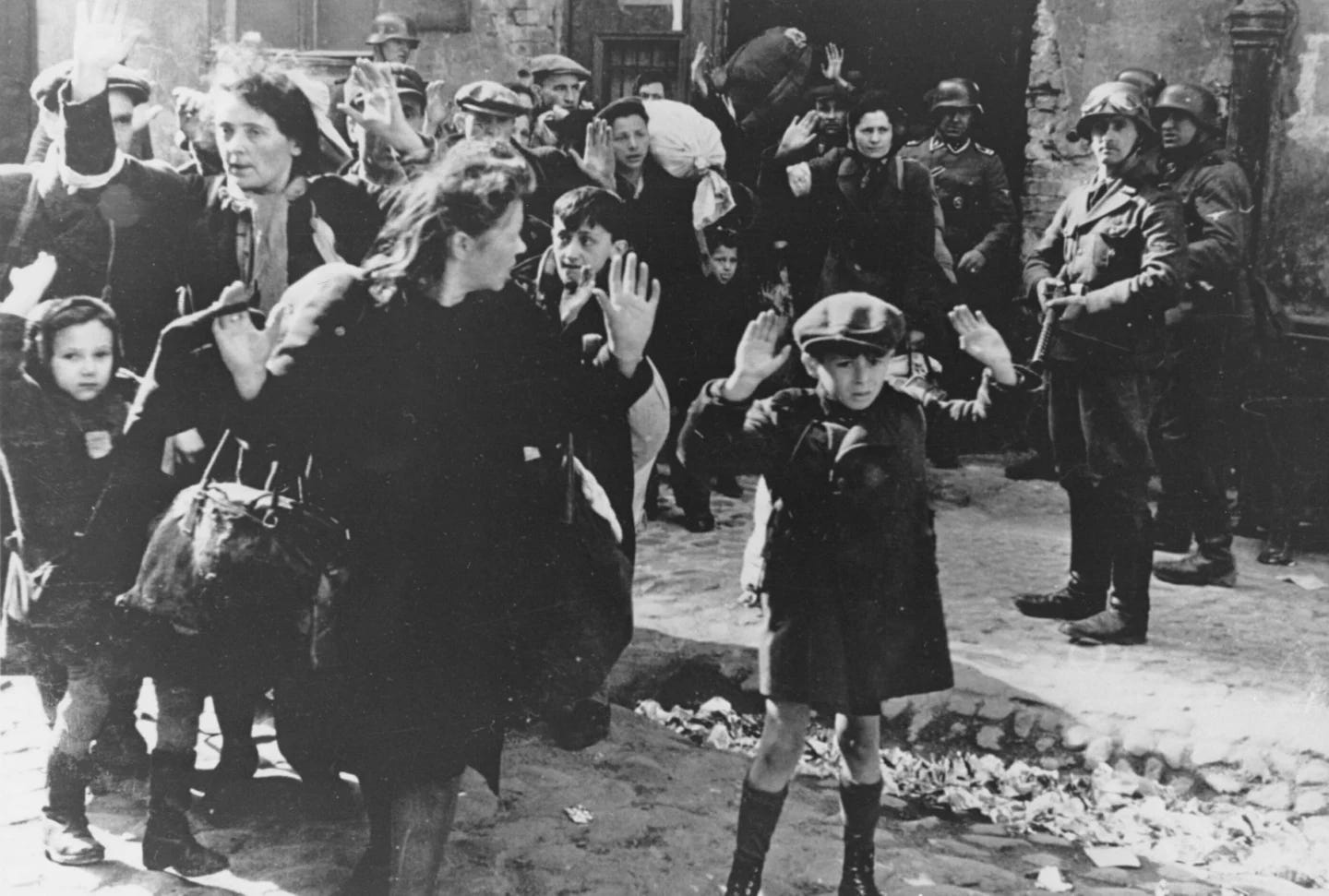80th Anniversary of Auschwitz Liberation Shines a Light on Surviving Witnesses of Nazi Atrocities
WARSAW, Poland (AP) — As the 80th anniversary of the liberation of Auschwitz approaches, the spotlight will be on the dwindling number of survivors of the Holocaust, as world leaders and royalty gather in Poland for solemn commemorations.
The main observances will occur at Auschwitz, the infamous concentration and extermination camp in southern Poland, where more than a million people, primarily Jews but also Poles, Roma and Sinti, Soviet POWs, LGBTQ individuals, and others targeted by Nazi ideology, met their deaths.
This year’s anniversary holds particular significance, as the survivors of the atrocities are aging, and there is a growing urgency to hear their stories while we still can. The museum expects approximately 50 survivors from Auschwitz and other camps to attend the memorial events, which will also be attended by political leaders and royalty. For many in the audience, this will be a rare opportunity to listen to the voices of those who lived through unspeakable horrors.
Auschwitz: From Labor Camp to Death Camp
Auschwitz, established by Nazi Germany in 1940 in the Polish town of Oswiecim, began as a camp for Polish prisoners, including Catholic clergy and members of the resistance. Later, additional camps were built nearby, with the notorious Birkenau serving as a death camp where mass exterminations occurred.
Victims arrived at Birkenau in overcrowded, windowless cattle cars. Upon arrival, the Nazis would separate those deemed fit for labor from others—primarily women, children, and the elderly—who were sent to their deaths in gas chambers. By the end of the Holocaust, an estimated six million Jews—two-thirds of Europe’s Jewish population—had been murdered by the Nazis.
The Liberation of Auschwitz
On January 27, 1945, Soviet troops arrived at Auschwitz and liberated approximately 7,000 starving and emaciated prisoners. Soviet correspondent Boris Polevoy, who witnessed the scene, described the survivors as “so thin that they swayed like branches in the wind.” The liberation came as Allied forces were advancing across Europe, liberating other camps such as Majdanek, Stutthof, and Dachau.
Though Auschwitz was freed, many prisoners faced the harsh realities of loss and trauma. Countless survivors mourned the death of loved ones—entire families were wiped out.
Auschwitz Today: A Memorial and Museum
Today, Auschwitz stands as a museum and memorial to the millions who perished there, managed by the Polish state. It serves as a place of education, remembrance, and research, drawing millions of visitors annually. One of the most poignant conservation efforts involves preserving the shoes of murdered children—a heartbreaking reminder of the lives cut short.
Who Will Attend?
Notable attendees at this year’s commemorations will include political figures such as German Chancellor Olaf Scholz and President Frank-Walter Steinmeier, Poland’s President Andrzej Duda, Canadian Prime Minister Justin Trudeau, and French President Emmanuel Macron. Britain’s King Charles III and other European royals, including Spain’s King Felipe VI, will also participate.
Notable Absences
Russian President Vladimir Putin, who was present at the 60th anniversary in 2005, will be absent this year due to Russia's ongoing aggression in Ukraine. Museum director Piotr Cywiński stated that Russia’s current actions make its presence at such a memorial event inappropriate, given the anniversary’s celebration of freedom.
The war between Israel and Hamas in Gaza also sparked debates about Israeli Prime Minister Benjamin Netanyahu’s attendance, especially after the International Criminal Court issued an arrest warrant for Netanyahu. However, the Polish government resolved to ensure Israel’s highest representatives could participate safely, with Israel sending Education Minister Yoav Kisch in Netanyahu’s place.
As the number of Auschwitz survivors continues to dwindle, the world must reflect on the horrors of the Holocaust and remain vigilant against rising hatred and violence. The voices of those who lived through Auschwitz remain critical as reminders of the past and warnings for the future.


